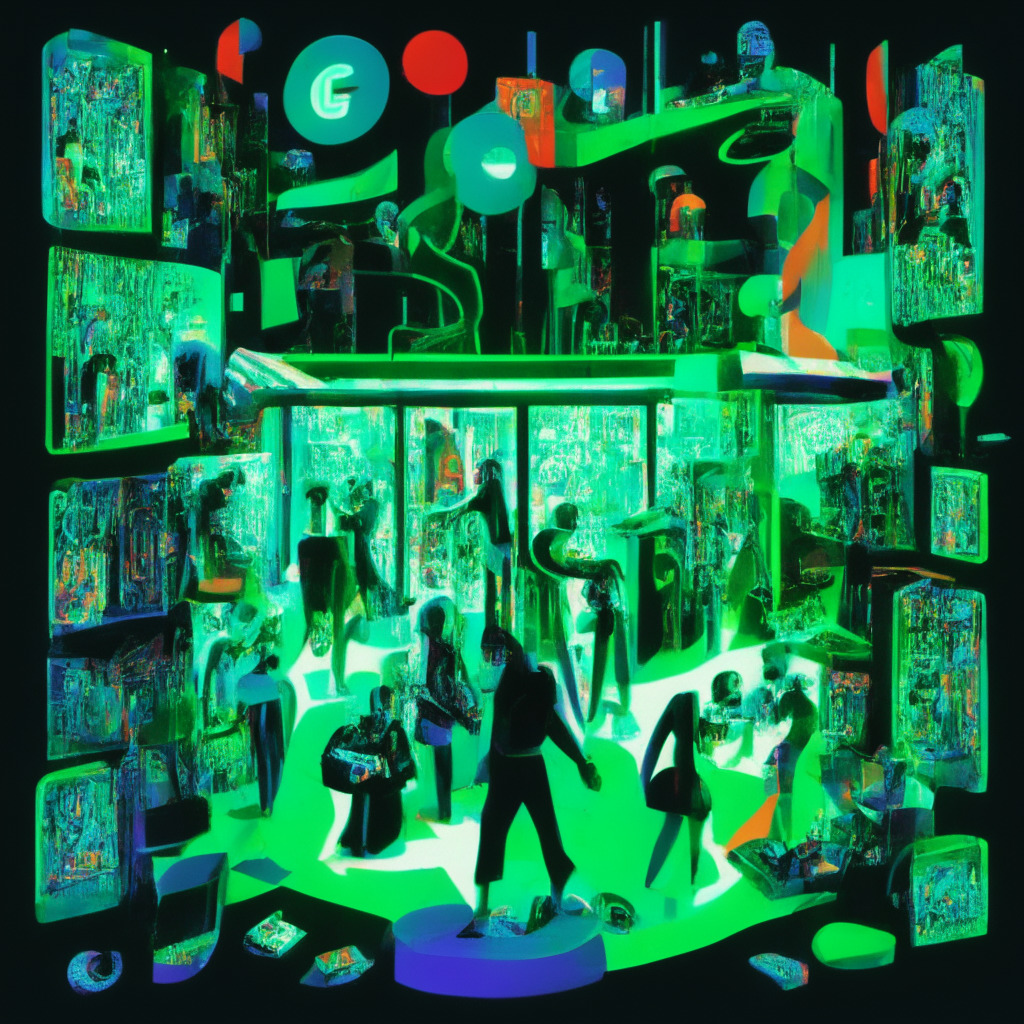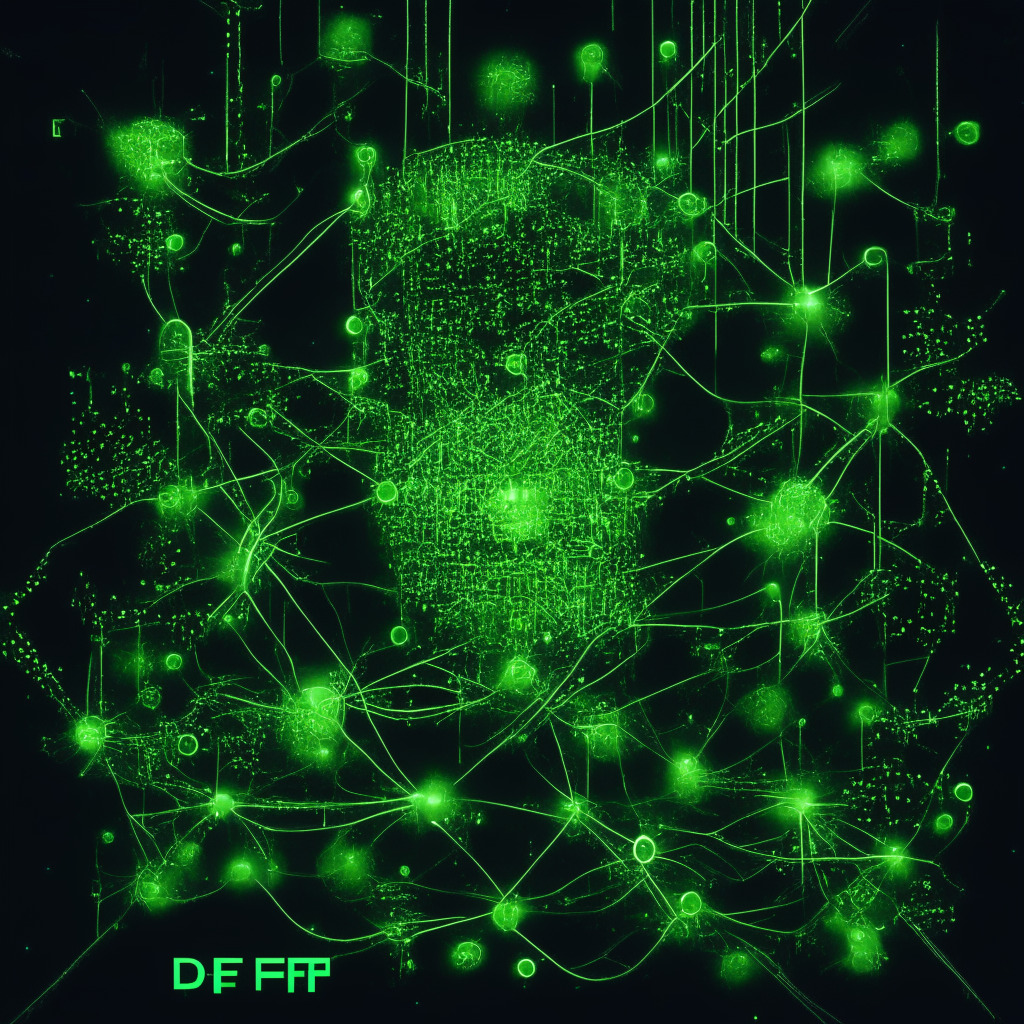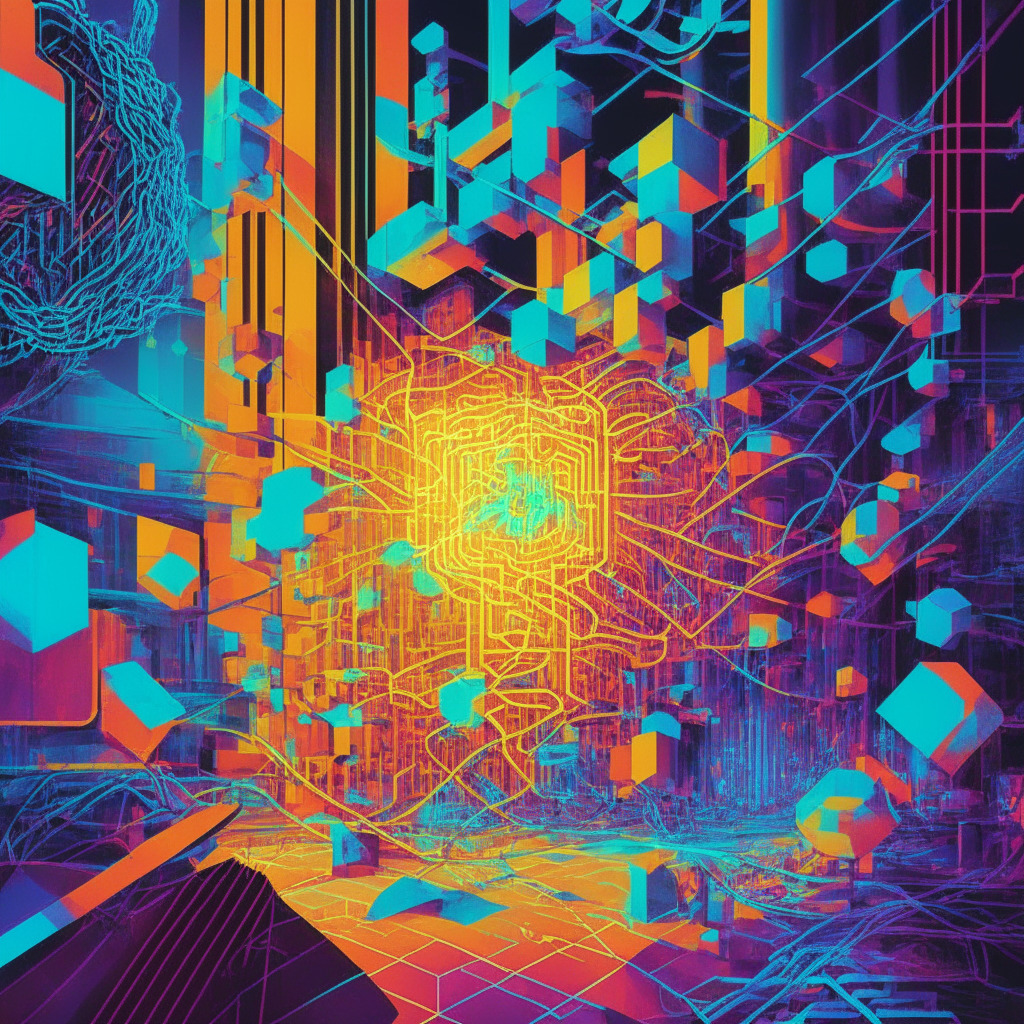In an intriguing turn of events, Google has decided to greenlight NFT game advertisements on its platform starting September 15, provided they abstain from any hint of promoting gambling services or gambling itself. This move tosses a buoy to NFT games aiming to enhance the user experience through purchases of in-game items like weapons or armor, while still disallowing games that let players stake their NFTs or wager their assets for rewards like crypto or other NFTs.
A medley of mixed emotions has arisen in the wake of Google’s announcement, particularly within the blockchain gaming community. On one hand, the decision opens a fresh avenue for decentralized games to gain visibility and promote themselves. On the other hand, however, it notably closes the door on games that incorporate elements of chance and wagering into their gameplay – a common feature in many blockchain-based titles.
Adding more nuance to the NFT narrative, an exploitive breach occurred in an Ethereum-based NFT project called Milady Maker. A developer within the project’s ecosystem cunningly stole $1 million in fees, casting a shadow over the safety aspect of the NFT world. The team behind the project has since pledged to take legal action and pledged to recover all lost assets.
Simultaneously, giants in the insurance world have displayed considerable caution towards NFTs. Particularly, in the case of CNA Insurance, which has excluded NFT coverage from a $20-million policy. This move sends a wary signal to potential investors, fuelling concerns about the stability and risk associated with this emerging market.
From a geographical perspective, a fascinating contrast is crystallising between East and West. While Metaverse, a virtual-reality space composed of multiple universes, has been labelled ‘dead’ in the West, it’s reported to be ‘hot’ in Asian markets such as Hong Kong, Korea, and Japan. This indicates a potential stronghold for Metaverse-anchored games in the Asian market, posing an interesting question about the geographical appeal of virtual reality games and their potential user base.
Moreover, the provocative news that Binance’s NFT arm will cease its support for Polygon-based NFTs adds a further layer of unpredictability to the NFT sphere.
In summary, the debate centres around the shift in attitudes towards NFTs, the opportunities or restrictions they provide, their geographical adoption, and the rising concerns over safety. These developments, both alarming and inspiring, underpin the landscape of a swiftly evolving blockchain future.
Source: Cointelegraph




